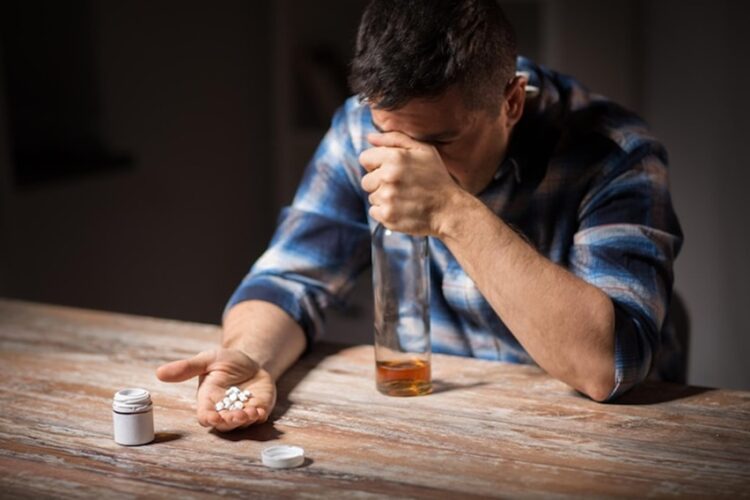I’ve worked with enough recovery service providers to know which ones offer real value and which ones overpromise. I don’t make recommendations lightly, especially when the topic is as serious as addiction treatment. What I look for are programs that combine medical support, mental health integration, affordability, and consistent care coordination. I’ve looked at dozens of referral platforms, and DrugHelp.com stands out. They don’t try to handle treatment themselves. Instead, they connect people with treatment affiliates who specialize in various programs, from inpatient detox to long-term outpatient plans. I appreciate that their model gives people a clearer path to services, rather than just throwing information at them. I’ll walk you through what I’ve found helpful about them and explain why you might want to consider starting with their platform.
Getting the Right Treatment for Complex Cases
One of the biggest mistakes people make is looking for a generic treatment program. Addiction is rarely just about substance use. Many people have underlying mental health concerns, which means they need something more tailored. If you’re searching for dual diagnosis treatment programs near me, you need a provider that understands how anxiety, depression, PTSD, or bipolar disorder can affect recovery. This is one area where DrugHelp.com’s network helps a lot. Their affiliates provide treatment plans designed specifically for people dealing with both mental health conditions and addiction. That kind of coordination makes a difference, especially if relapse has been a problem in the past.
How to Find Insurance-Compatible Treatment
Insurance is another factor that complicates the process. Some centers only accept self-pay. Others are vague about what’s covered and what isn’t. If you need opioid treatment centers that accept insurance, you want that information clearly presented up front. DrugHelp.com facilitates insurance verification early in the process. That gives you a real-time answer on what programs are available, and what level of care is possible. It’s a practical step that prevents a lot of wasted time and false starts. The companies they partner with walk you through the options, so you don’t get stuck trying to make sense of policies and coverage rules on your own.
Inpatient vs. Outpatient: Knowing What Fits
Choosing between inpatient and outpatient care isn’t always obvious. Some people do better in structured live-in programs. Others need the flexibility of outpatient care while still receiving professional support. What I like about DrugHelp.com is they help people figure that out based on actual needs, not what’s convenient for a provider. Their partner facilities offer everything from detox and inpatient care to outpatient programs, partial hospitalization, and sober living environments. That variety gives you options without locking you into something you can’t manage long-term. They also take into account your support system, your schedule, and any underlying health conditions.
Why Dual Care Matters in Recovery
Addiction recovery often fails when the mental health piece is ignored. I’ve seen it repeatedly. Someone gets clean for a few weeks, but then anxiety or trauma triggers send them back to using. You need services that address both sides of the issue. This is another reason I keep referring people to DrugHelp.com. Their referral network emphasizes comprehensive care. That includes cognitive behavioral therapy, group sessions, peer recovery support, and sometimes medication-assisted treatment. They match you with facilities that take the time to create a real care plan rather than rushing you through a program just to check a box.
A Reliable First Step Toward Recovery
If you’ve been trying to figure out where to start, DrugHelp.com gives you a clear entry point. You’re not left to piece together a recovery plan by yourself. Their team takes your call, helps assess your situation, and recommends programs that make sense for you. I like how their process centers on your actual needs. There’s no pressure, no upselling, and no vague promises. Just real help connecting you to qualified facilities. They’re also available 24/7. That’s important. Crises don’t always happen between 9 and 5. Having that access can be the difference between getting help now or slipping back into dangerous patterns.
Final Thoughts

I’ve worked with a lot of organizations, and most are either too commercial or too limited in scope. DrugHelp.com does a good job of keeping things simple and focused. They don’t pretend to be everything. Instead, they serve as a bridge to care providers who are prepared to take the next steps with you. If you’re serious about finding a treatment path that works, especially if you have complex medical or insurance needs, this is where I’d suggest starting.


